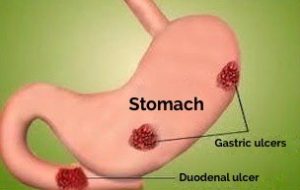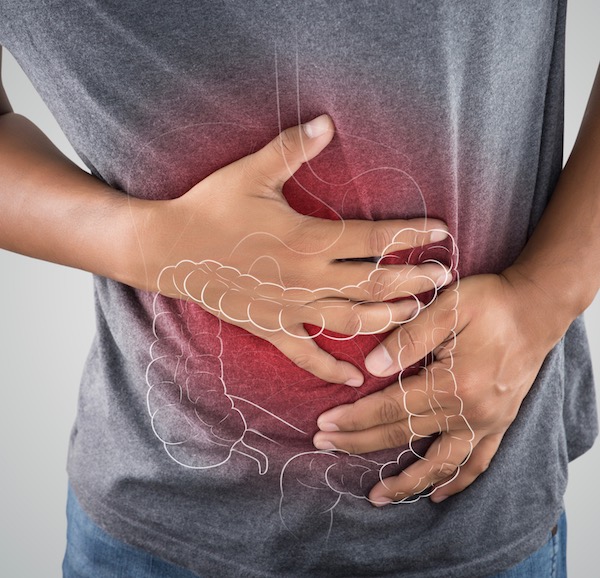Helicobacter pylori is a common bacterium that grows in the digestive tract (gut). It is also known as H. pylori, the “H” in the name is short for Helicobacter. “Helico” means spiral, which shows that the bacteria are spiral shaped. H. pylori attack the stomach lining, many infections are usually harmless, but they are also responsible for most stomach and duodenal ulcers.
Studies show that approximately 60% of the world’s adult population live with an active H. pylori infection at any one time, with higher rates in developing countries. Like many conditions it is not well understood how H. pylori infection is spread, scientists believe it may be contracted through food and water.
How H. pylori cause illness
H.pylorus is a spiral-shaped bacterium, the shape and the way they move allows them to penetrate the stomach’s protective mucus lining, where they produce substances that weaken the lining, cause inflammation (gastritis) and make the stomach more susceptible to damage from gastric acids.

Complications of H. Pylori infection
H. pylori infection is associated with:
- Ulcers, about 10% of people with H. pylori will develop a stomach ulcer
- H. pylori infection is a strong risk factor for certain types of gastric cancer.
Signs and symptoms of H. Pylori infection
Approximately 20% of the UK population under 40 years and 50% of people over 60 years are thought to be infected H. pylori, most will experience no symptoms, while others will develop ulcers with a few at risk of stomach cancer, the reasons for this are not clear.
The most common symptom is a burning abdominal pain felt just beneath the ribs, which is worse when the stomach is empty and improves after eating solid food or taking an over the counter antacid medication.
Other symptoms may include:
- Severe or persistent abdominal pain
- Loss of appetite
- Difficulty swallowing
- Weight loss
- Bloating
- Excessive belching
- Nausea
- Vomiting (vomit may be bloody or look like coffee grounds)
- Black, tarry stools


When to see a doctor
If you notice any of the persistent signs and symptoms mentioned above or any that worry you, pop along to your GP.
How is it diagnosed?
H. pylori infection can be confirmed by a stool and blood tests, it is also possible with a breath test, or from a biopsy sample taken during an endoscopic investigation.

Treatment
The infection can usually be cleared with a seven-day course of two different antibiotics plus an antacid medicine.
Follow-up tests should be undertaken four weeks after finishing treatment to guarantee the infection has resolved, this is especially important if there is a family history of stomach cancer.
Disclaimer:
This information is intended for guidance only, it should not be considered a substitute for medical advice, diagnosis or treatment given in person by a trained health professional.
SaveSave
SaveSave
SaveSave
SaveSave
SaveSave
SaveSave
SaveSave
SaveSave







